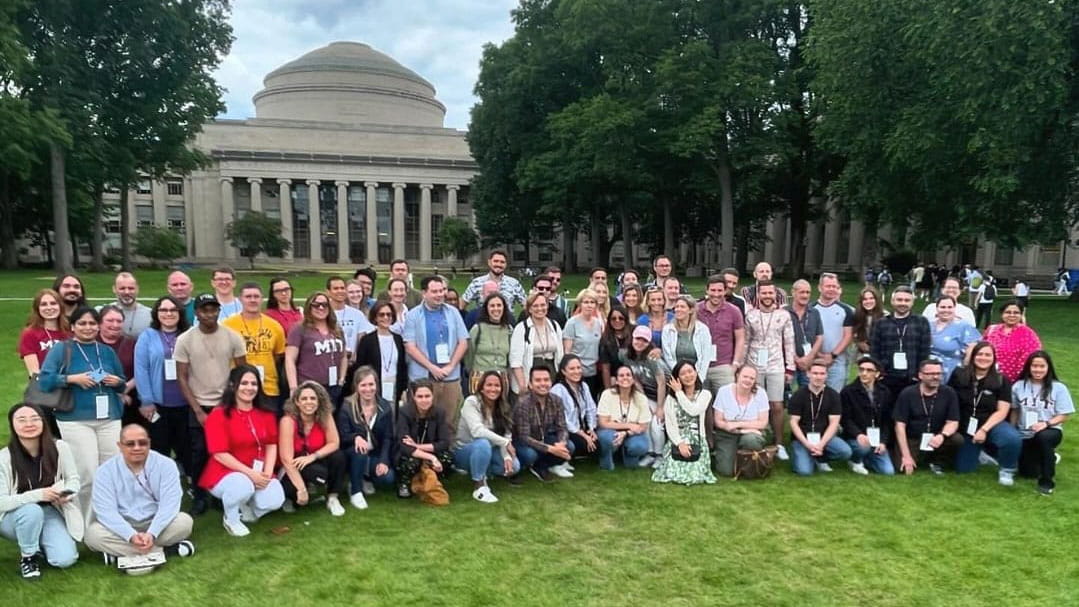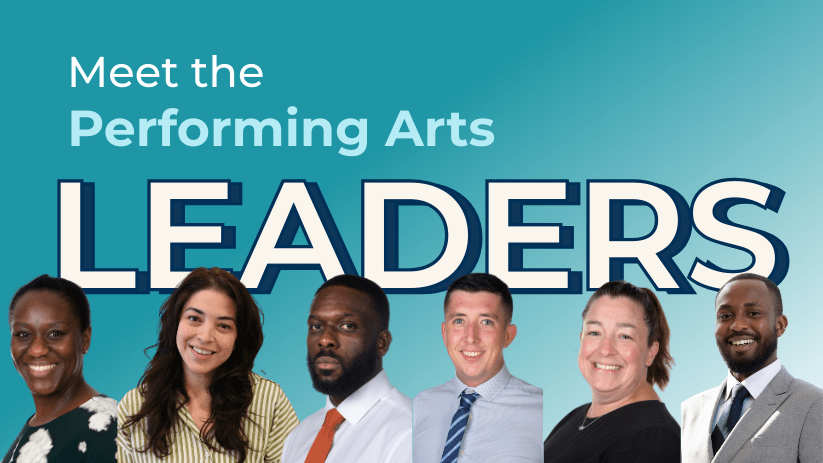Hi, my name is James Barnett, and I’m a Primary School teacher here at Compass in my eighth year. As a Year 5 teacher at Madinat Khalifa, I combine my classroom responsibilities with leading and coordinating our campus STEAM initiatives.
World Science Day
World Science Day for Peace and Development, celebrated on 10th November, highlights the importance of science in society and its relevance in our daily lives. This year, students will explore and engineer sustainable modes of transport, using resources like the Minecraft app and Lego to design eco-friendly ways of getting around. The STEAM approach will guide these activities with questions such as:
Science - Do the modes of transport meet scientific principles of movement?
Technology - Can we use video software or learning platforms like ‘Book Creator’ to share our success?
Engineering - Can we design and build new modes of transport using traditional ideas?
Art - Are the modes of transport aesthetically pleasing?
Maths - How can we measure eco-friendliness?
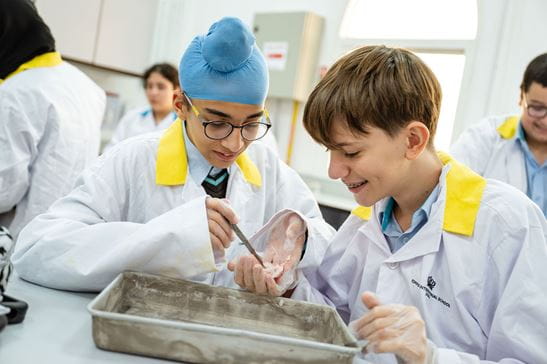
What is STEAM Learning?
STEAM is an umbrella term for the subjects science, technology, engineering, arts, and mathematics, not as stand-alone subjects, but as interdisciplinary. STEAM strives to provide students with the creative, collaborative, and transferable skills they need to solve problems, promoting curiosity-based learning where teamwork, communication, and critical thinking are at the core. Students engage in activities that require them to share ideas, problem-solve, and work with different peers. By mimicking real-world scenarios, students develop skills they will need in higher education and beyond.
Global Campus
A unique feature at Compass is our use of the ‘Global Campus,’ a platform where students share their learning with peers from Nord Anglia schools worldwide. This allows them to see different methodologies and approaches to similar tasks, promoting a global perspective on problem-solving and learning.
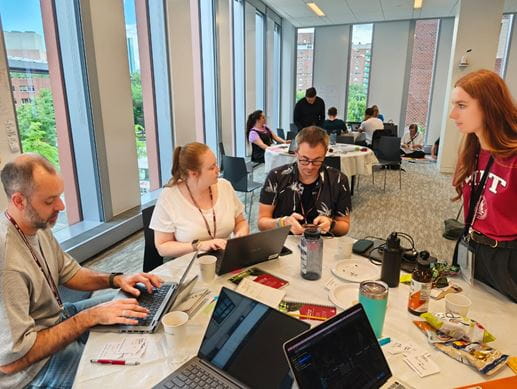
Collaboration with MIT and Nord Anglia
Collaboration with MIT enhances our STEAM curriculum. STEAM coordinators often meet for webinars with MIT colleagues to share best practices. The MIT-NAE forum is a valuable resource, offering materials and a space to celebrate student achievements.
In July, I joined 60+ Nord Anglia teachers at the annual professional development week at MIT. We attended workshops, gained insights from experts, and worked together to develop themed challenges for our students. These challenges have included topics like autonomous vehicles, extreme weather events, and space exploration. The new theme, ‘designing solutions,’ inspired us to bring complex ideas to students in an accessible way.
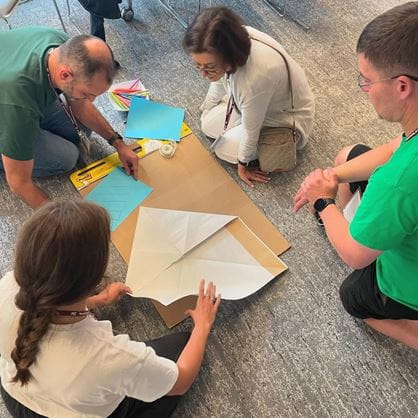
Excellence and Curiosity
One highlight of the week was meeting astronaut Jeffrey A. Hoffman, who shared the development of the MOXIE device on the Mars rover Perseverance. It demonstrated that oxygen could be extracted from the Martian atmosphere—a significant step for future space travel.
The MIT campus-wide shared values perfectly align with the STEAM approach: integrity, creativity, exploration, and learning by doing. Through our collaboration with MIT, Compass students are uniquely positioned to benefit from these principles, preparing them for the future with fearless curiosity and practical problem-solving skills.


